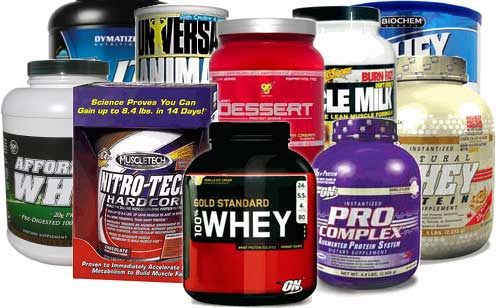 As one of the macronutrients, fat is essential in your diet. But, ounce for ounce, fat contains twice as many calories than protein and carbohydrates. Therefore, high-fat foods can lead to many unneeded calories more easily.
As one of the macronutrients, fat is essential in your diet. But, ounce for ounce, fat contains twice as many calories than protein and carbohydrates. Therefore, high-fat foods can lead to many unneeded calories more easily.There are different kinds of fats in food. They are different because of the chemical structure. There are two main kinds: saturated and unsaturated.
Saturated means it is carrying the maximum number of hydrogen atoms (no points of unsaturation). It's like a bus with no empty seats. Unsaturated is just the opposite.
Within unsaturated fats we have monounsaturated (missing one hydrogen atom) and polyunsaturated (missing two or more). Your body can make all the fatty acids it needs, except for two!
These are called essential fatty acids and they are the Omega 6 (Linoleic acid) and Omega 3 (Linolenic acid). Because our body does not make these, it means we have to get them from our food sources in order for our body to function properly.
As a good rule of thumb, the more liquid a fat is at room temperature, the more unsaturated it is (for example, oil vs. butter).
 Transfat is a fat that has been chemically altered by man. It is an unsaturated fat (liquid at room temp), that has been hydrogenated in order for it to be more stable and prevent spoilage. Because of this hydrogenation (adding hydrogen atoms), we have reduced the health benefits of the unsaturatedness of the fat.
Transfat is a fat that has been chemically altered by man. It is an unsaturated fat (liquid at room temp), that has been hydrogenated in order for it to be more stable and prevent spoilage. Because of this hydrogenation (adding hydrogen atoms), we have reduced the health benefits of the unsaturatedness of the fat.So what now? Stick to a majority of your fats from mono and polyunsaturated fats. And you'll be off to a great start! Also, I'd suggest reading the ingredients labels. Now that you know "hydrogenated" usually means transfat, you should shy away from those ingredients. Furthermore, if you have the option between chips fried in coconut oil, and those fried in safflower oil, you'll know which ones to chose!
Where to find what fats:
Saturated: animal fat, butter, cheese, chocolate, coconut, cocoa butter, coconut oil, cream, hydrogenated oils, lard, palm oil, shortening, margarine.
Polyunsaturated: almonds, corn oil, cottonseed oil, filberts, fish, liquid/soft margarine, mayonaise, pecans, safflower oil, sesame oil, soybean oil, sunflower oil, walnuts
Monounsaturated: almonds, avocados, canola oil, cashews, olive oil, olives, peanut butter, peanut oil, poultry
Omega-3s: canola and soybean oils, flaxseed oil, oily coldwater fish (salmon, mackerel, tuna), soy foods, walnuts, wheat germ
Trans fat: margarine (hard stick), cake, cookies, doughnuts, crackers, chips, meat and dairy products, hydrogenated peanut butter, shortening, many fast foods





.jpeg)









